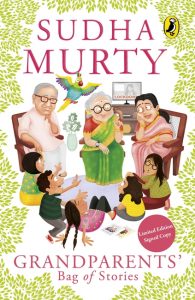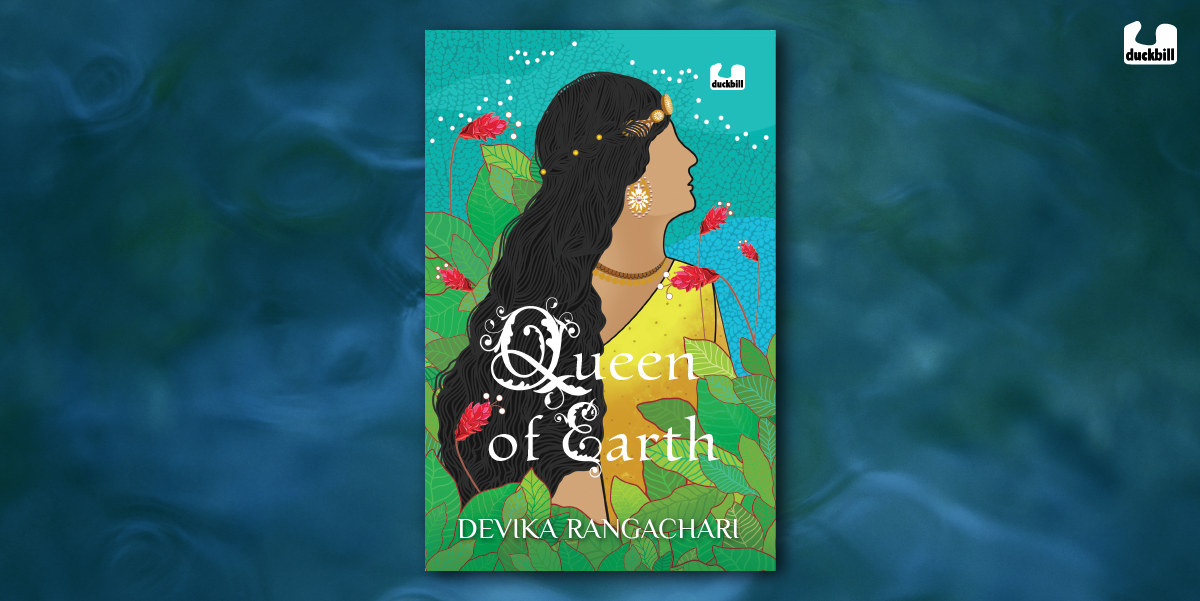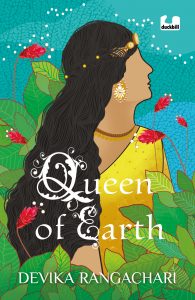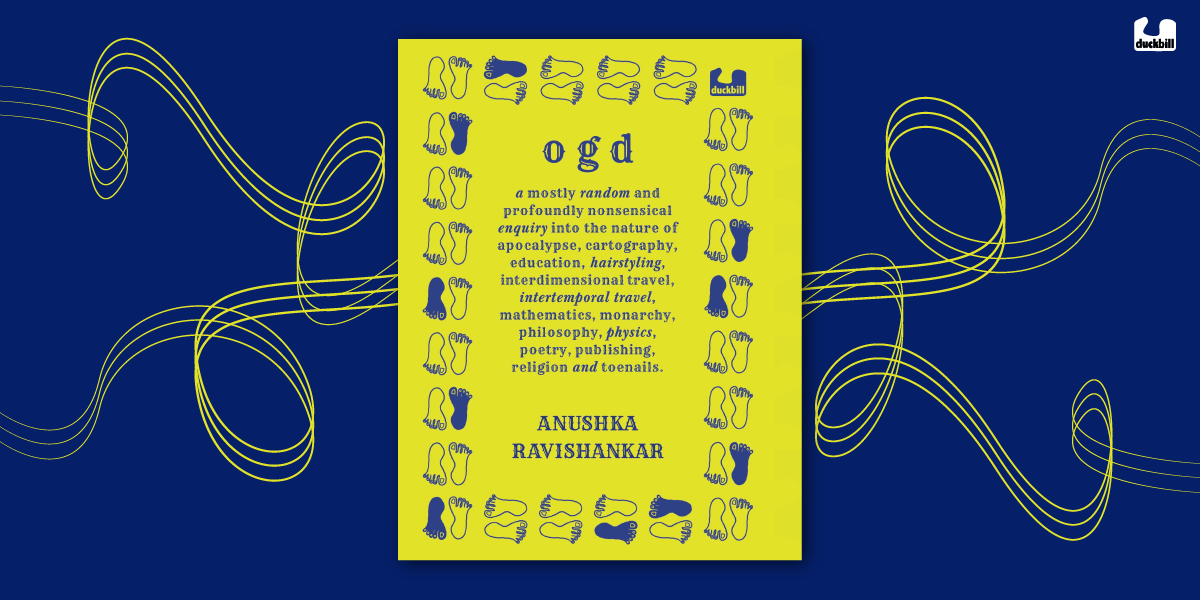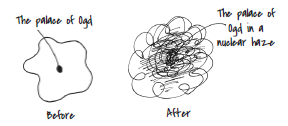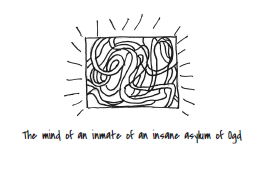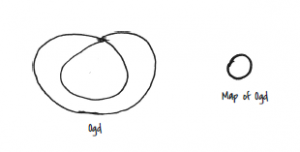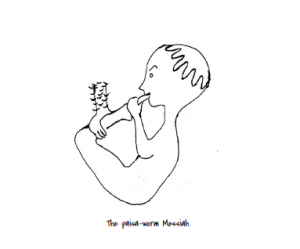You left your jokes and funny faces in my mind.
You left our secrets and your knitting behind.
I’m still sad. I’ll always be.
I love you times infiniteeeeeeeey.
You don’t mind
that I can’t rhyme.
I don’t know how to end this,
will someone help me?
To help Swara, you’d have to dive into her world during the lockdown. Feel the almost-nine-year-old’s heart break as she loses her favourite person ever, Pitter Paati. Swara pursues clues to find her, but stumbles upon a crime instead. VExpectedly, no one believes her.
Will Swara and her VAnnoying friends from the detective squad find the Ruth of the Matter in time?
Told with humour and sparkle, When the World Went Dark is a compassionate story about finding light in the darkest times of our lives. Here’s an excerpt from the book wherein Swara is trying to understand why the rules of the world around her have suddenly changed.
**
The times were dark, alarming, threatening. Clouds of fear kept people bolted and barred into their own homes. You couldn’t open a window to draw in a deep breath. You couldn’t trust anything that anyone else had touched. In fact, if you remember, you couldn’t even put a toe out of your front door.
Swara should know because she tested it out.
Ruth was the one who’d thrown her the challenge. She claimed to be her best friend, although you might doubt it after this. They lived in apartments opposite each other and often they sat cross-legged on their doormats and chatted, yelling to and fro. It was Ruth who said, ‘Swara, you cannot put even a toe out of your door.’
Swara scoffed at this. ‘Why? What if I do?’
‘Try and see. It is banned! There is a high-tech app that will make your toe shrivel up and fall off.’
If you’ve been almost nine, like Swara was, you knew what absolutely had to be done if thrown down such an outrageous challenge. Swara quite naturally, had to still her beating heart, hold her breath, kick off her chappal and wiggle her big toe an inch out of her open door. It did not fall off and land on the doormat. It stayed firm on her foot.
‘You are full of lies, Ruth!’
‘I am not. I am the Ruth, the whole Ruth and nothing but the . . .’
‘Fine, but my toe is fine too. It is my toe, the whole toe and nothing but the toe.’
‘It will not be. Keep watching it. Over the days, it will turn red, purple, black and then fall right off. Just you
wait.’
Swara retreated, scared. And since then began to watch the toe for signs.
The times were like that as we’d mentioned. Dark, alarming, threatening times.
And then, of course, holidays were declared— out of the blue! No waking up to a screaming alarm clock, or drinking milk while sleepwalking, or pulling on the uniform and buttoning it down wrong, or running down to catch the yellow school bus and missing the favourite seat.

Like most kids, she spent the first week playing, eating, sleeping and like most kids, got fed up of it all. Nothing fun was on the Allowed List. No playing downstairs, no eating out, no meeting friends. To add to her dismay, her toe sported a smallish reddish spot one morning, which turned as white as a sheet (just a saying). She held her toe in one hand and hopped over to Appa, who examined it and opined that it was a harmless insect bite and would disappear soon.
‘My toe? My toe will disappear?’
‘No, Swara, the red spot will disappear.’
What was high up on the Rotten List was that she couldn’t meet her favourite person in the world, her paati. Not Madurai Paati, her father’s mother, but her Pitter Paati who lived on the outskirts of Bengaluru. In the same city and not meetable! VStupid (Very Stupid)! Everyone was locked down—Pitter Paati, Thaatha, Anand Maama, Maami and the twins. The whole city was locked into their houses. The whole world, too, from what the TV showed. You could see people in Italy singing and waving while hanging over their balconies. Swara made a point of letting Ruth know that no one’s arms were turning purple, shrivelling up and falling off.
She video called Pitter Paati many times a day, to show her a new poem, the suspicious red-spotted toe, the view of no one on the streets outside, a line of ants creeping towards the dustbin, her fake moustache, anything actually. PP was always interested in whatever Swara was up to.
**







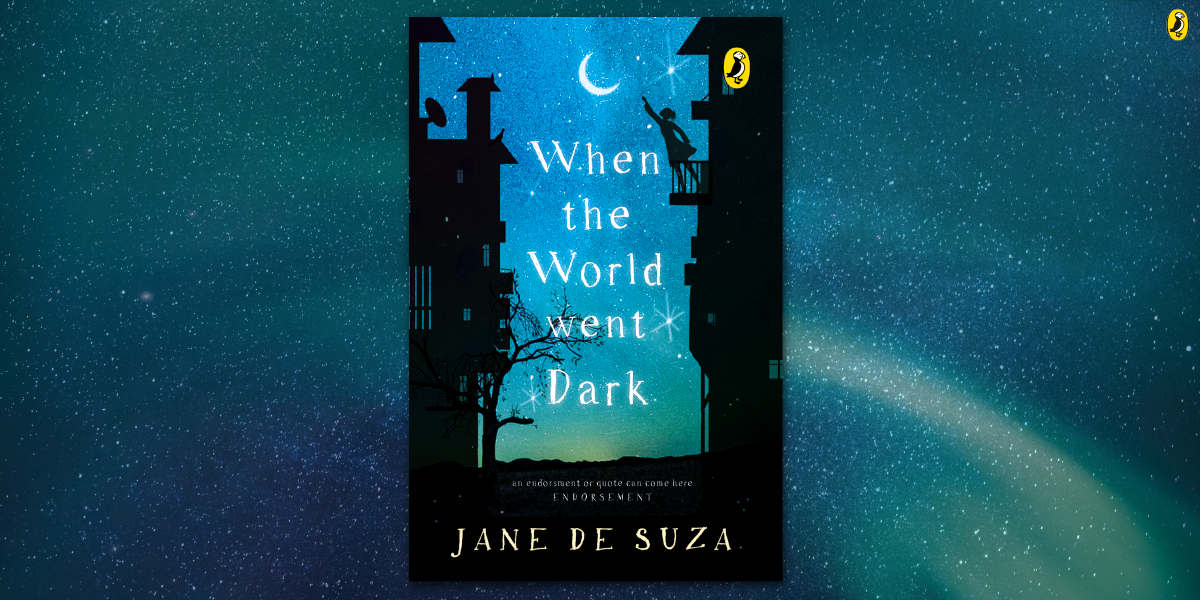



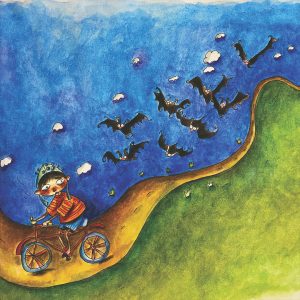


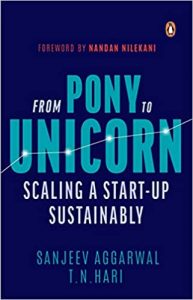
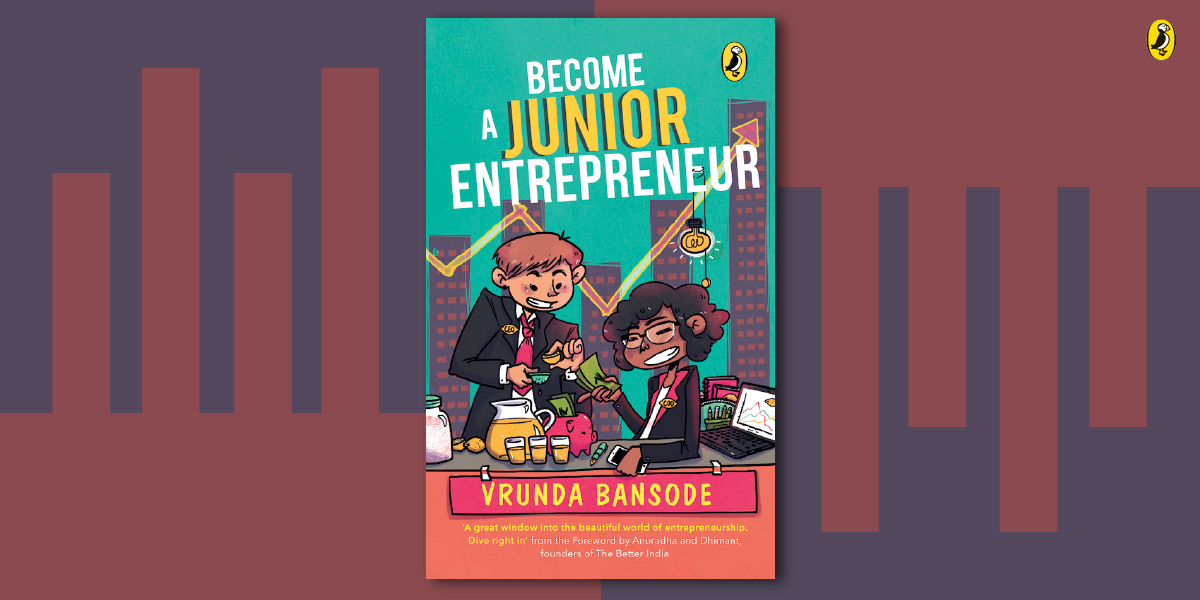

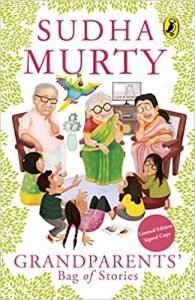
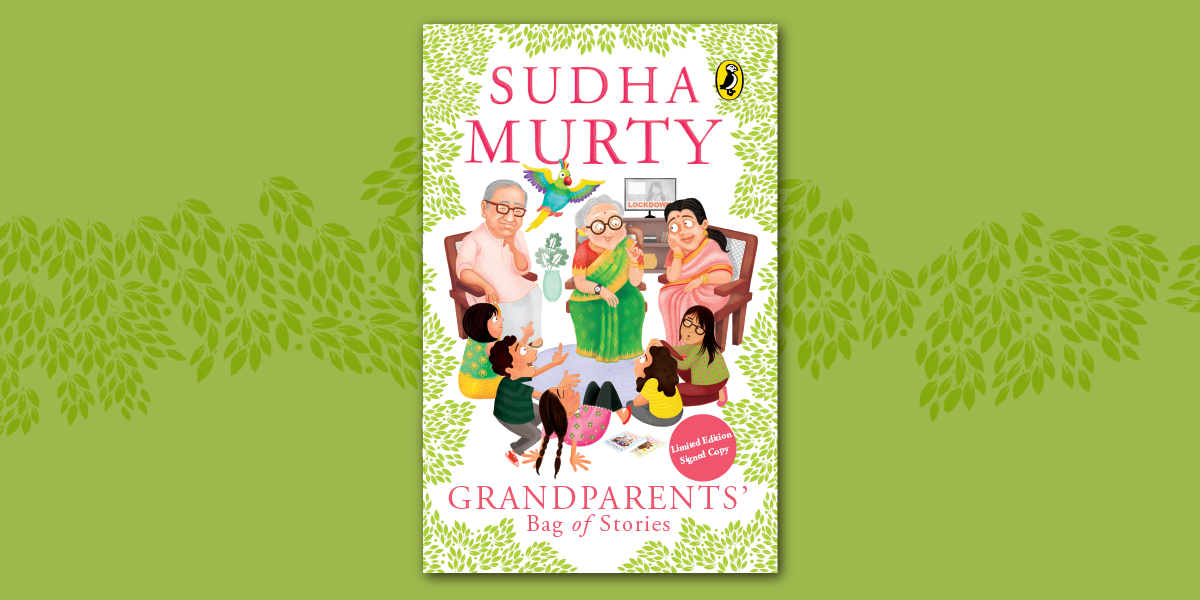
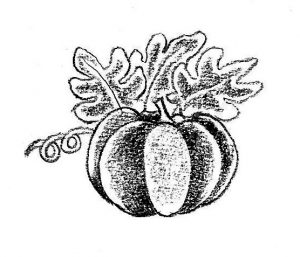
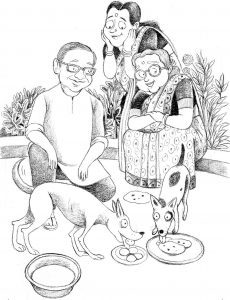 Ajji put biscuits, rice and chapati in a bowl and kept water in another bowl just outside the gate. The two dogs looked at her and attacked the food greedily, gobbling it down in minutes. Then they drank the water, wagged their tails to thank her and ran away.
Ajji put biscuits, rice and chapati in a bowl and kept water in another bowl just outside the gate. The two dogs looked at her and attacked the food greedily, gobbling it down in minutes. Then they drank the water, wagged their tails to thank her and ran away.